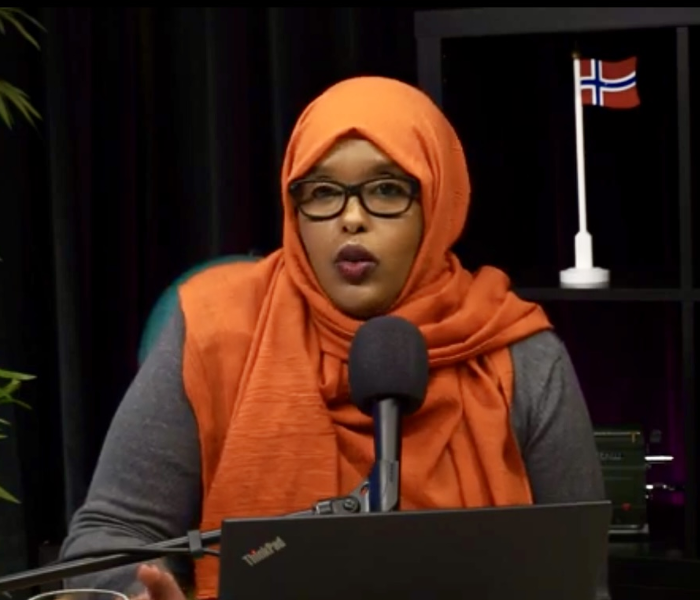Somalia on the brink- What’s at stake in the fight to end Female Genital Mutilation (FGM)
February 6 marks the International Day of Zero Tolerance for Female Genital Mutilation (FGM), but is there truly anything to celebrate? In Somalia, where over 99 percent of women aged 15 to 49 have endured this brutal practice, symbolic gestures are no longer sufficient. FGM is not merely a health issue; it represents a profound social and political failure. Somalia is a male-dominated society, with power concentrated in the hands of men in politics, culture, tradition, and religion. These men hold the power to eliminate FGM, but are they using it? What is at stake, and what does it take to eradicate this barbaric practice?
In the 1980s, Siad Barre’s regime banned FGM, and launched awareness campaigns. In urban areas, people were informed, but in rural areas, where the tradition was strongest, there were never sufficient efforts to shift attitudes. After the state collapsed in the 1990s, the law lost its significance, and instead of protection, Somalia descended into war, corruption, and a failed judicial system, which provided no protection for the vulnerable.
Why has FGM persisted despite decades of efforts to stop it? The answer lies in Somalia’s power dynamics, where men at all levels—political leaders, religious figures, and traditional elders—define what is acceptable. Until these influential men take active steps to abolish FGM, the practice will continue. So why aren’t they being pressured to act?
We must confront the truth—international aid has not succeeded in eliminating FGM. Somalia lacks a functioning legal system and institutions capable of enforcing laws. Aid organizations cannot replace the authorities. Somalia must take responsibility for its own children. But can a society with such deeply entrenched patriarchal structures truly implement the necessary change? Somalia does not need more temporary projects—it needs a national revolution.
Key steps to combat FGM:
- Effective local solutions: The fight against FGM must be rooted in local communities. It cannot be won through finger-pointing by international organizations. Religious leaders, community elders, teachers, healthcare workers, and other local figures must play an active role in driving change; otherwise, this horrific practice will continue indefinitely.
- Stronger law enforcement: FGM must not be treated as a mere legal formality—it must be criminalized at the national level, with authorities ensuring that laws are not only enacted but also effectively enforced. This requires investment in law enforcement, the judicial system, and social services.
- Economic incentives to break the cycle: Poverty is a key driver of FGM, particularly in marginalized areas. Investing in accessible education and healthcare can help break the economic cycle that sustains this practice. However, the men who control economic decision-making must take action to make these changes possible.
What can we learn from other countries?
Countries like Senegal, Kenya, and Ethiopia show that change is possible. In Senegal, a combination of local engagement and economic incentives led to a dramatic decline in FGM. Kenya’s strengthened legislation and increased awareness encouraged many to abandon the practice. Ethiopia’s successful collaboration with religious leaders demonstrates that a holistic approach—combining law, economic development, and community engagement—is essential.
Somalia must act—Now!

Somalia is at a crossroads. To combat FGM, we must stop waiting for miracles from international actors. Somalia must take responsibility for its own citizens, and those in power—who shape societal norms and laws—must lead the fight. The ongoing discussion of Somalia’s first child rights bill must include protections against FGM—this presents a crucial opportunity for abolition. If politicians truly want change, they must ensure that the law has real consequences. This is the only way to protect the millions of girls whose lives are being destroyed by this practice.
For Somalia to win this battle, we must focus on more than just providing aid. We must build a state that protects its own citizens—a state where rights are not just words on paper but a lived reality. International support is vital, but Somalia must lead this fight. The time has come to stand up for a future where girls are no longer threatened by this cruel tradition.





